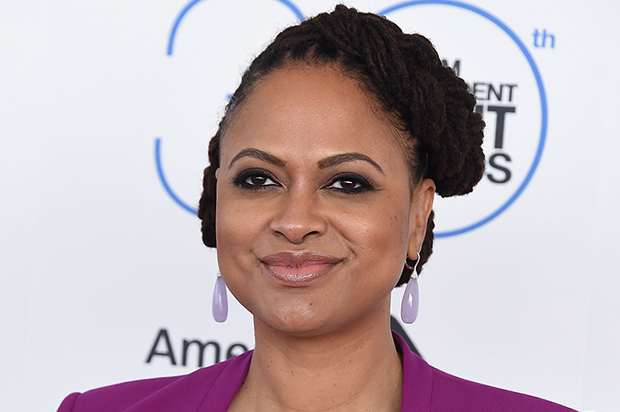Speaking at this week’s BlogHer conference in New York, “Selma” director Ava DuVernay gave attendees advice about navigating an industry where barriers to diversity remain a deeply engrained part of the culture.
“You gotta follow the white guys. Truly. They’ve got this thing wired,” she explained. “Too often, we live within their games, so why would you not study what works? Take away the bad stuff — because there’s a lot — and use the savvy interesting stuff and figure out how they can apply. It’s a good one for the ladies.”
DuVernay — whose failure to receive a directorial nomination for Selma at last years Academy Awards was decried as further evidence of Hollywood’s institutionalized aversion to embracing women and women of color (#OscarsSoWhite) — continued by encouraging women not to ask permission to succeed. “Women have been trained in our culture and society to ask for what we want instead of taking what we want. We’ve been really indoctrinated with this culture of permission. I think it’s true for women, and I think it’s true for people of color. It’s historic, and it’s unfortunate and has somehow become part of our DNA. But that time has passed.”
DuVernay also spoke out about her decision to turn down the “Black Panther” directorial gig, which would mark Marvel’s first film with a black superhero at the helm. DuVernay said she asked herself: “Is this important enough to me?”
“At one point, the answer was yes, because I thought there was value in putting that kind of imagery into the culture in a worldwide, huge way, in a certain way: excitement, action, fun, all those things, and yet still be focused on a black man as a hero—that would be pretty revolutionary,” she said.
While she remains supportive of the project, however, she ultimately decided not take the directing gig. “What my name is on means something to me — these are my children,” she said of her films. “This is my art. This is what will live on after I’m gone. So it’s important to me that that be true to who I was in this moment. And if there’s too much compromise, it really wasn’t going to be an Ava DuVernay film.”

